U.S. Diplomat’s Letter of Resignation
I am surprised the resignation letter of John Brady Kiesling (political counselor at the United States Embassy in Athens) has not been more widely reported (New York Times | ZNet). In the letter he says:
“The sacrifice of global interests to domestic politics and to bureaucratic self-interest is nothing new, and it is certainly not a uniquely American problem. Still, we have not seen such systematic distortion of intelligence, such systematic manipulation of American opinion, since the war in Vietnam”.
Many good points are made, some of which I believe we in Britain ought to be asking ourselves. Why, Mr Blair, have you been unable to convince your fellow MPs? Why has America and the UK failed to convince a great deal of the rest of the world that this is a proper course of action? While I have no doubt that there is much that can not be made public, the fact that we have failed to convince foreign leaders of the rightness of our approach is, to me, the most serious cause for concern. If we have to go to war, I would like to believe that it is being done with the backing of the world. The current talk of re-building the Middle East seems to be the worst kind of message coming from the West, and especially the US. Who gave them (or, indeed, us) the right?
Although I don’t like it, I am not anti-war. But war only if appropriate and only when all other reasonable actions have been taken. Then, with the support of the rest (or at least a majority) of the world, I would concede war is necessary. Until it does, we have to be very careful indeed.
As Mr Kiesling says, it all smells suspiciously like something in Vietnam. And we know how that ended up, don’t we?
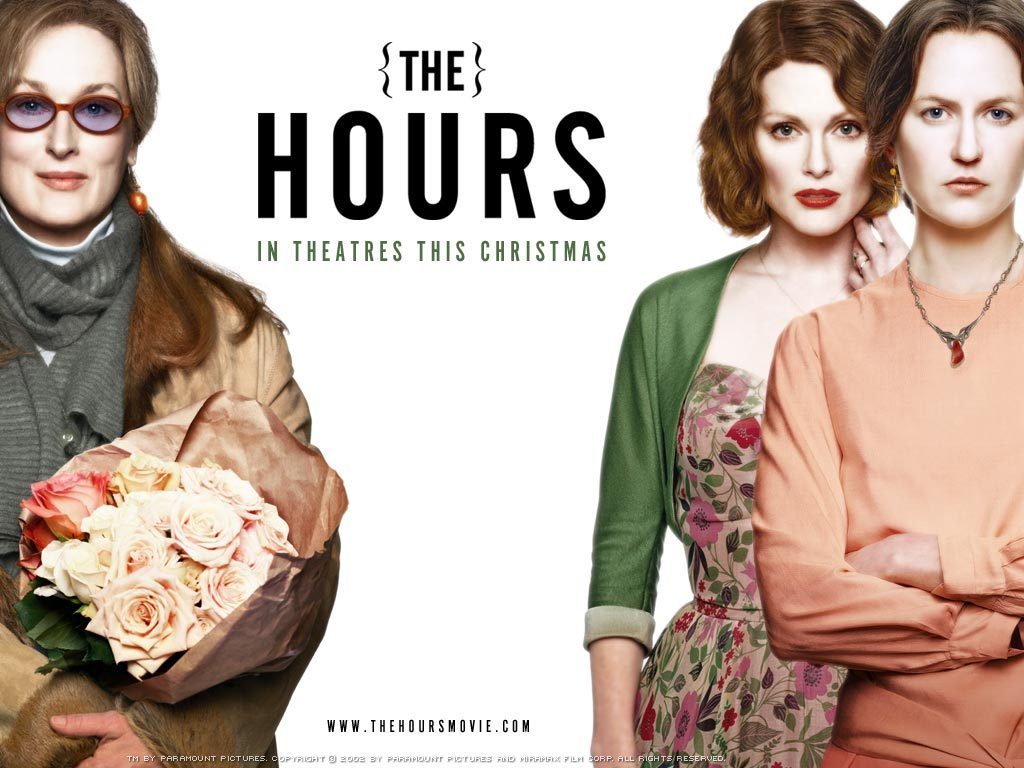
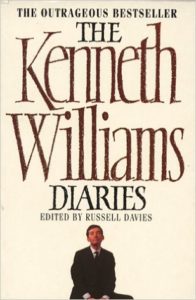
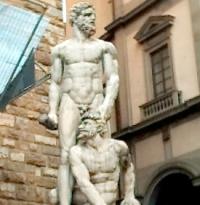
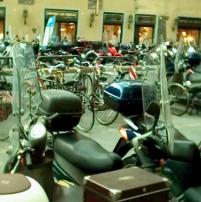
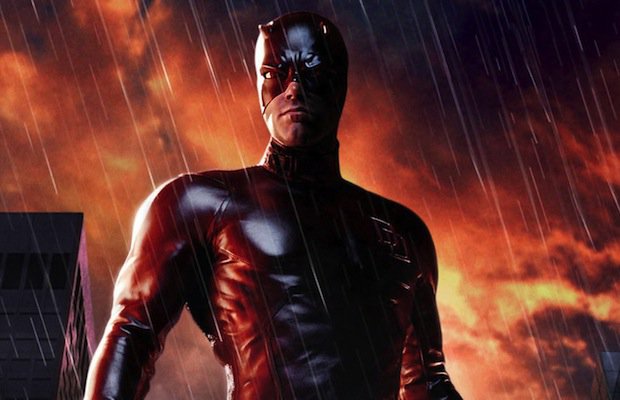
 Like everybody else, I was shocked to hear of the loss of the space shuttle Columbia. Like many, the first pictures I saw were the trails in the sky as the craft disintegrated. I’ve just found
Like everybody else, I was shocked to hear of the loss of the space shuttle Columbia. Like many, the first pictures I saw were the trails in the sky as the craft disintegrated. I’ve just found